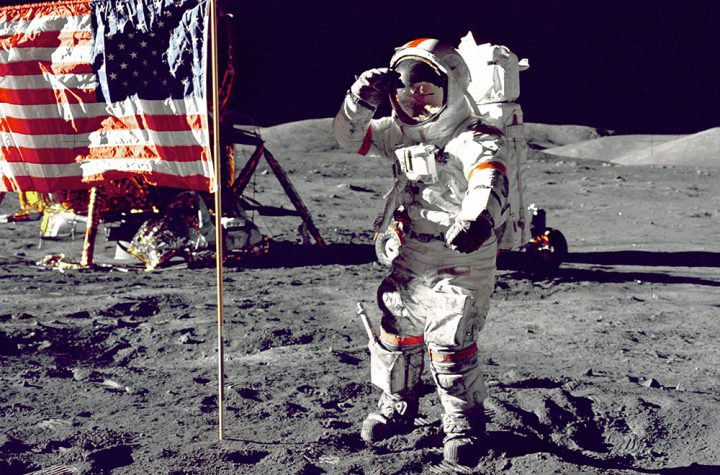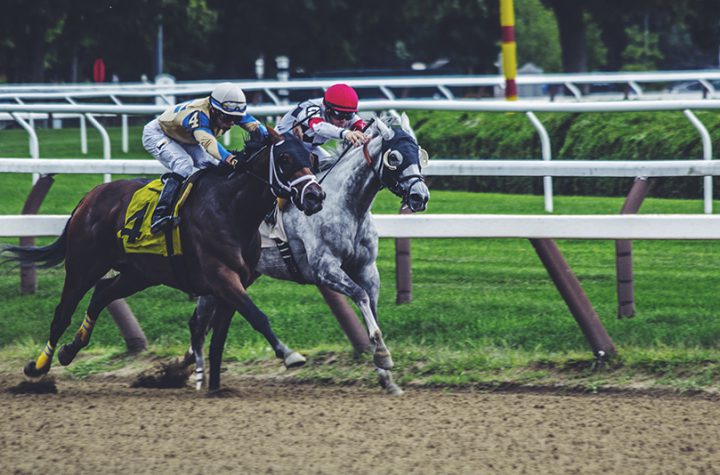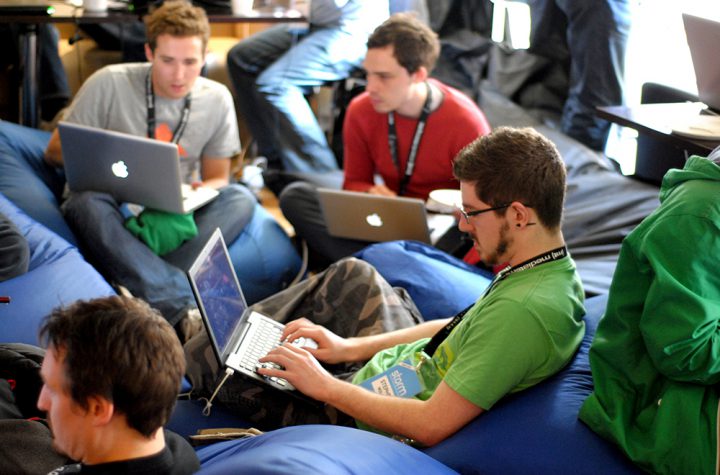
We need your consent to load this YouTube contentWe use YouTube to manage extra content that can set cookies on your device and collect data about your activity. Please review their details and accept them to load the content.Manage PreferencesTwo people have become the first passengers on a Hyperloop, a technology considered to be the future of high-speed ground transport.
The Virgin Hyperloop made its first journey carrying passengers yesterday, in a test the company claimed represented a major step forward for the “groundbreaking” technology capable of transporting people at 1,000 kilometres an hour.
The Hyperloop is intended to carry passengers in small pods through a vacuum tube, with proponents arguing it could revolutionize high-speed travel.
Virgin says the Hyperloop will be able to reach top speeds of 1,080km/h – projecting a 45-minute journey from Los Angeles to San Francisco – and will produce no carbon emissions.
But until yesterday the technology, first proposed by eccentric US tech magnate Elon Musk in 2012, had not been tested with people on board.
Two Virgin employees made the 500-metre journey in a two-person vehicle in just 15 seconds at a test site in the Nevada desert.
Passenger Sara Luchian told the BBC she felt the trip was “exhilarating both psychologically and physically”, and reported no discomfort.
Once brought into regular use, the pods will be able to transport up to 28 people at a time, Virgin says, with larger models for moving goods also in development.
Virgin’s Hyperloop has raised more than $400 million, largely from company CEO Richard Branson and the logistics company DP World, which is owned by the Dubai government. Virgin is one of a number of companies working to develop the technology.
While Mr Branson hailed the success of the “groundbreaking” Hyperloop, concerns have dogged developers about just how safe the technology would be.
One researcher at Sweden’s Royal Institute of Technology, argued that the high speeds involved could turn the Hyperloop into a “barf ride.”





More Stories
Justice Rajiv Shakdher also asked the media houses AGR Outlier Media Pvt Ltd. and Bennett Coleman and Company Ltd. to ensure that no defamatory content is uploaded on social media platforms or displayed on their channels.
President-elect outlines his policies after winning the US election over incumbent Donald Trump.